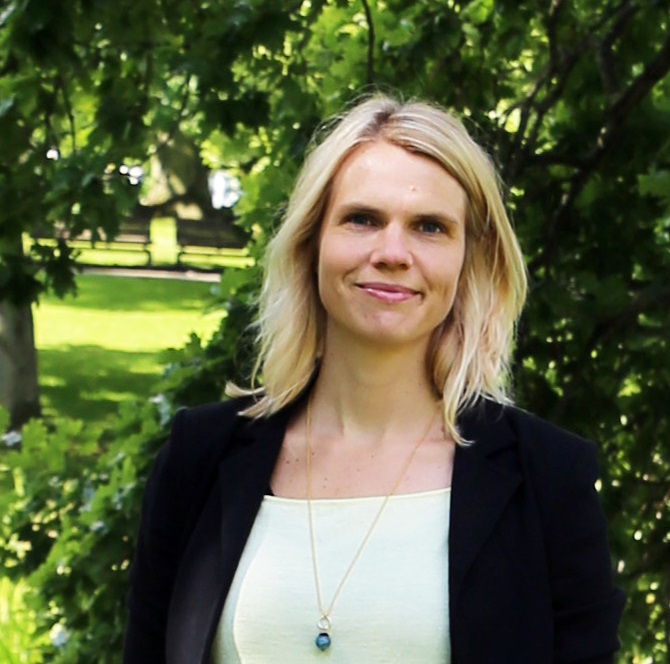Category: Couples / Close Relationships
Symposium 67 - From "Too Little, Too Late" to the Right Treatment at the Right Time: Toward a Stepped-Care Approach to Relationship Health
Level of Familiarity: Basic to Moderate
Recommended Readings: McKee, G. B., Knopp, K., Glynn, S. M., & McDonald, S. D. (2022). VA family service access and utilization in a national sample of veterans. Psychological Services. https://doi.org/10.1037/ser0000626, Crasta, D., Crane, C. A., Trabold, N., Shepardson, R. L., Possemato, K., & Funderburk, J. S. (2022). Relationship health and intimate partner violence in integrated primary care: individual characteristics and preferences for relationship support across risk levels. International Journal of Environmental Research and Public Health, 19, 13984. https://doi.org/10.3390/ijerph192113984, Cigrang, J. A., Cordova, J. V., Gray, T. D., Fedynich, A. L., Maher, E., Diehl, A. N., & Hawrilenko, M. (2022). Marriage checkup in integrated primary care: A randomized controlled trial with active-duty military couples. Journal of Consulting and Clinical Psychology, 90, 381–391. https://doi.org/10.1037/ccp0000734, Bower, P., & Gilbody, S. (2005). Stepped care in psychological therapies: access, effectiveness and efficiency: narrative literature review. The British Journal of Psychiatry, 186, 11-17.,
-
DC
Dev Crasta, Ph.D. (he/him/his)
Research Psychologist
Center of Excellence for Suicide Prevention, VA Finger Lakes Healthcare System
Canandaigua, New York -
JC
James Córdova, Ph.D. (he/him/his)
Professor and Chair, Dept. of Psychology
Clark University
Worcester, Massachusetts -
KK
Kayla Knopp, Ph.D.
Research Psychologist
VA San Diego Healthcare System/University of California, San Diego
San Diego, California -
DC
Dev Crasta, Ph.D. (he/him/his)
Research Psychologist
Center of Excellence for Suicide Prevention, VA Finger Lakes Healthcare System
Canandaigua, New York -
PB
Peter Britton, Ph.D. (he/him/his)
Research Psychologist
Center of Excellence for Suicide Prevention, VA Finger Lakes Healthcare System
Canadaigua, New York -

Tea Trillingsgaard, Ph.D. (she/her/hers)
Associate Professor
Aarhus University
Aarhus C, Midtjylland, Denmark
Chair(s)
Discussant(s)
Presenter(s)
Romantic relationship quality shows strong associations with individual well-being and mental health. Furthermore, maintaining romantic relationship quality is often a valued domain of living. While couple therapies demonstrate efficacy in reducing relationship distress, their intensive formats create barriers to attendance for couples with limited time, financial resources, or access to childcare. As a result, treatments are underutilized, with many couples delaying treatment for several years after problems emerge or dropping out after only a handful of sessions. Furthermore, these barriers often fall along lines of class privilege, meaning that couples with the highest risk of problems are also least likely to benefit from services.
An alternative model is to focus on relationship-health as a continuum of services rather than the domain of a handful of specialists. Taking a systems view can expand the potential range of solutions that can be offered help a larger share of couples find fulfilling relationships. Furthermore, since these systems-level challenges can also be felt by individual clinicians (as challenging cases and high dropout rates), it means this change can reduce the burden on any one clinician. The symposium addresses this potential with four presentations united by the theme of broadening our focus beyond intensive couple therapy clinics to identify opportunities to increase service utilization at a systems level.
We begin with Dr. Kayla Knopp, who will present Veterans Affairs (VA) electronic health record data on referrals for couple/family services. Her findings in this national healthcare system identify low overall utilization rates along with opportunities to increase equity of services. Dr. Crasta will follow this presentation with a survey of preferences for relationship services among primary care patients. The results suggest that even individuals with severe relationship problems largely prefer briefer treatments than are predominantly offered for these issues. Third, Dr. Peter Britton will present on work adapting Relationship Checkups (RC) for use in VA settings. These adaptations leveraged the motivational interviewing informed approach to increase utilization of couple therapy, violence treatment, or caregiver support as appropriate. Finally, Dr. Tea Trillingsgaard will present results from a multi-site implementation study examining a fully-realized stepped-care model of relationship support. Her analyses examine improvement within earlier self-guided steps and the completion rate of transfers to more intensive steps.
Our discussant is Dr. James Cordova, who has spent more than 25 years examining alternate models of relationship health care through the development and dissemination of RC. He will integrate these findings by drawing from his work consulting for large healthcare systems and supporting community clinicians.
Learning Objectives:
- Identify potential barriers to access and utilization of intensive couple/family therapies.
- List 2-3 brief or self-directed treatments that can be offered prior to beginning intensive couple-therapy.
- Discuss the acceptability and desirability of brief and self-directed treatment models.
- Explain the logic of a stepped-care approach to addressing psychological concerns.
- Identify benefits of a proactive relationship checkup model for relationship health and individual wellbeing.

